
We’ve all been there: you finish a meal, and suddenly your stomach feels tight, your pants feel snug, and you’re stuck wondering if a balloon magically inflated inside you. Bloating is one of the most common digestive issues, but it doesn’t have to ruin your day—or your night out.
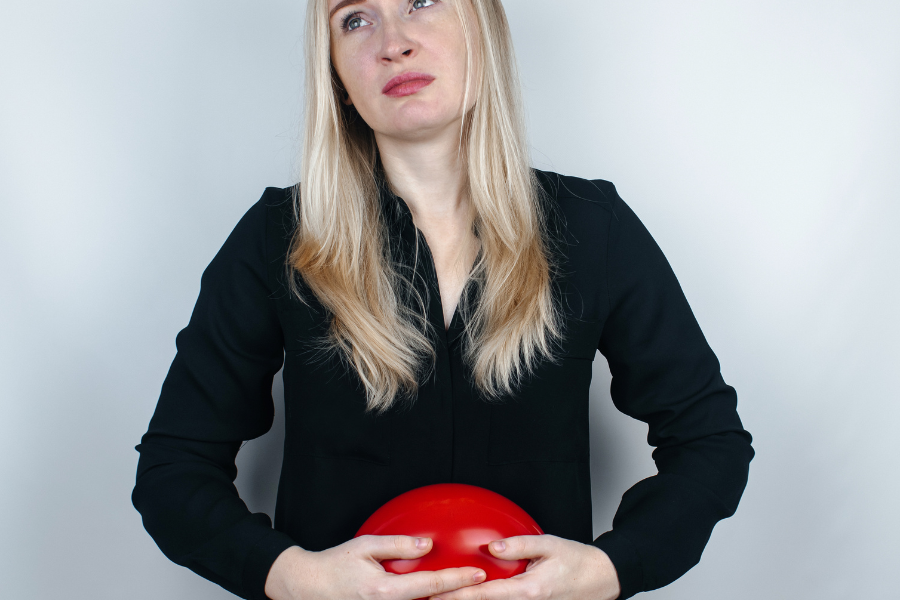
In this post, we’ll talk about the foods that often trigger bloating and give you some practical (and easy!) tips to help you feel lighter and more comfortable. Whether bloating hits you occasionally or feels like a daily battle, there are ways to reduce it and get back to feeling your best.
What Exactly Is Bloating?
Bloating happens when your belly feels swollen and full, often from trapped gas or excess water. It can make you feel heavy, uncomfortable, and sometimes even achy. While bloating isn’t usually dangerous, it can still be a real downer—especially when it pops up out of nowhere and makes you feel sluggish.
Several things can cause bloating. Sometimes it’s because your digestive system produces extra gas after you eat certain foods. Other times, water retention, slow digestion, or food intolerances might be the culprits. When your gut bacteria struggle to break down certain foods, fermentation happens—and yep, that means more gas (and more bloating).
Foods That Cause Bloating (and Why)
Cruciferous Vegetables
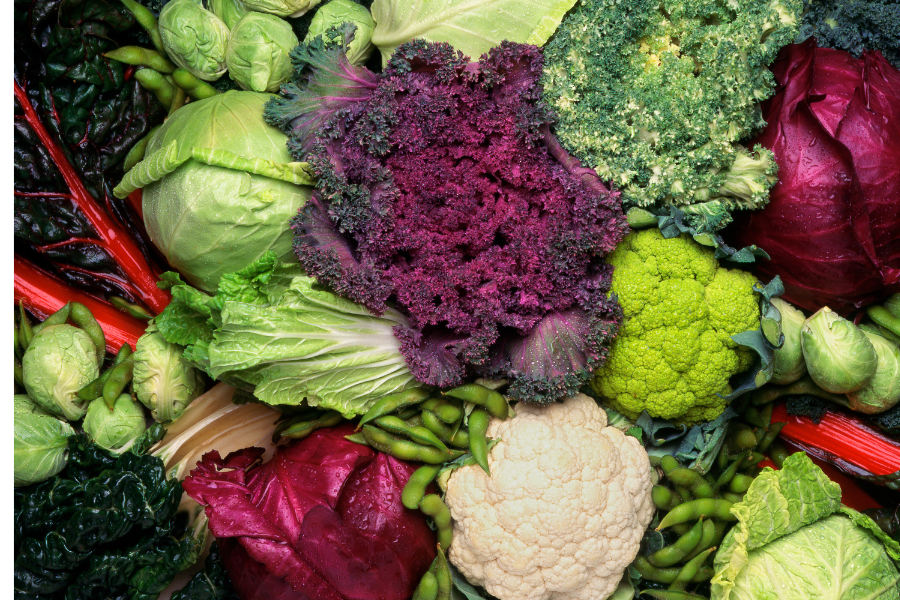
Veggies like broccoli, cauliflower, cabbage, and kale are full of fiber and nutrients, which is great... but they also contain a sugar called raffinose. Since raffinose is tough to digest, it can make your belly feel puffy and gassy as your body tries to break it down.
What you can do: Try steaming or cooking these veggies—cooking helps soften the fibers and makes them easier on your stomach.
Beans and Lentils
Legumes like beans, peas, and lentils are packed with protein and fiber, but they also contain carbohydrates that are hard for your body to digest. This often leads to extra gas—and you guessed it—bloating.
Helpful tip: Soak beans overnight before cooking them. It makes a surprising difference!
Carbonated Drinks
Soda, sparkling water, and beer might feel refreshing, but those bubbles are just gas waiting to get trapped in your stomach. That’s why you might feel bloated right after guzzling a fizzy drink.
Solution: Switch to still water, herbal tea, or flavored water without carbonation to keep things moving smoothly.
Dairy Products
If you’re lactose intolerant (and many people are, even if they don’t realize it), your body has trouble breaking down lactose—the sugar found in milk and other dairy products. This can cause bloating, along with cramps and gas.
Quick fix: Try lactose-free milk or plant-based alternatives like almond or oat milk.
Processed Foods and Salty Snacks
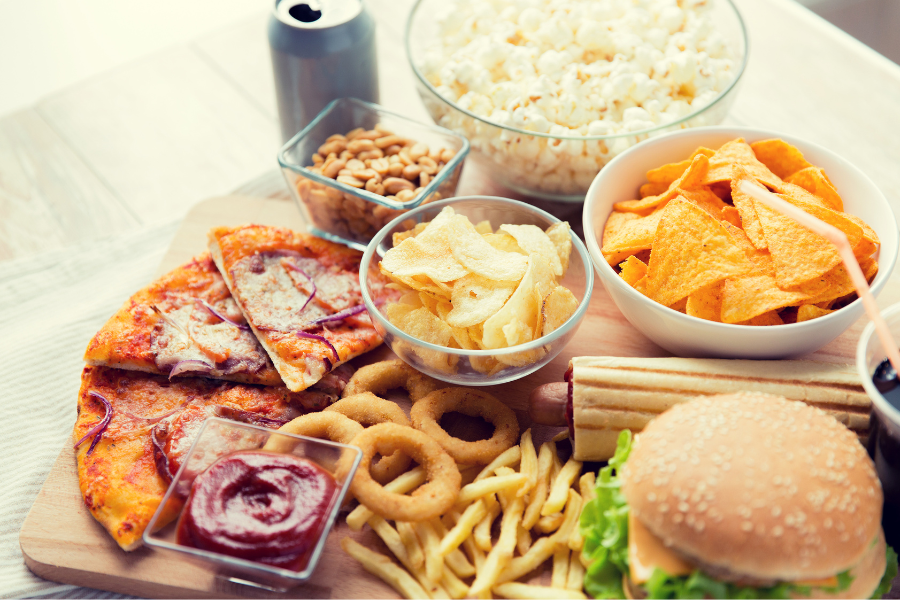
Fast food, frozen meals, and even some snacks can be loaded with sodium. High-sodium foods make your body hold onto water, which can make you feel puffy and bloated.
Pro tip: Drink more water to help flush the extra sodium out of your system.
Fruits with Lots of Sugar
Some fruits—like apples, pears, watermelon, and cherries—contain high amounts of fructose or sorbitol, which are sugars that not everyone can digest easily. When they ferment in your gut, gas forms, leading to that uncomfortable bloated feeling.
Tip: Stick to smaller portions of these fruits or choose ones that are easier on digestion, like berries or bananas.
Sugar-Free Gum and Artificial Sweeteners
Sugar-free gums and candies often contain sweeteners like sorbitol or xylitol, which can be hard for your gut to absorb. As a result, they sit in your intestines longer, causing gas and bloating.
Alternative: If you love chewing gum, look for versions sweetened with stevia—it’s gentler on the tummy.
How to Get Rid of Bloating
Now that you know what might be causing your bloating, let’s talk about how to fix it! The good news is there are plenty of simple ways to relieve and prevent bloating so you can feel comfortable and energized.
Stay Hydrated
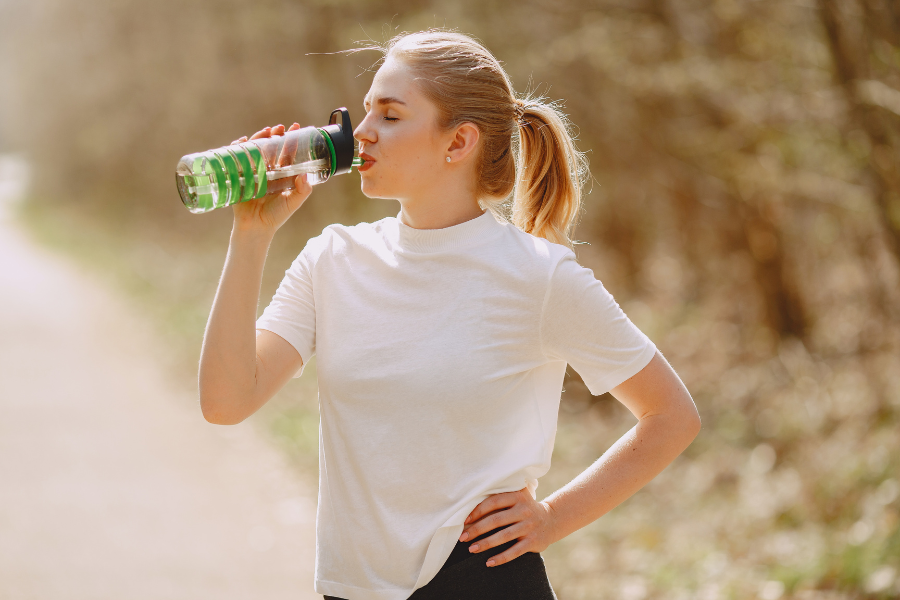
Water helps your digestive system run smoothly and reduces water retention. If you’ve eaten something salty, staying hydrated is especially important to flush out extra sodium. Adding lemon or cucumber slices to your water can give it a little boost.
Move Around
Exercise helps keep your digestion on track and can ease bloating, especially if it’s caused by constipation. Even a 10-15 minute walk after a meal can work wonders. If you’re into yoga, poses like the “child’s pose” or “supine twist” are great for easing gas and reducing bloat.
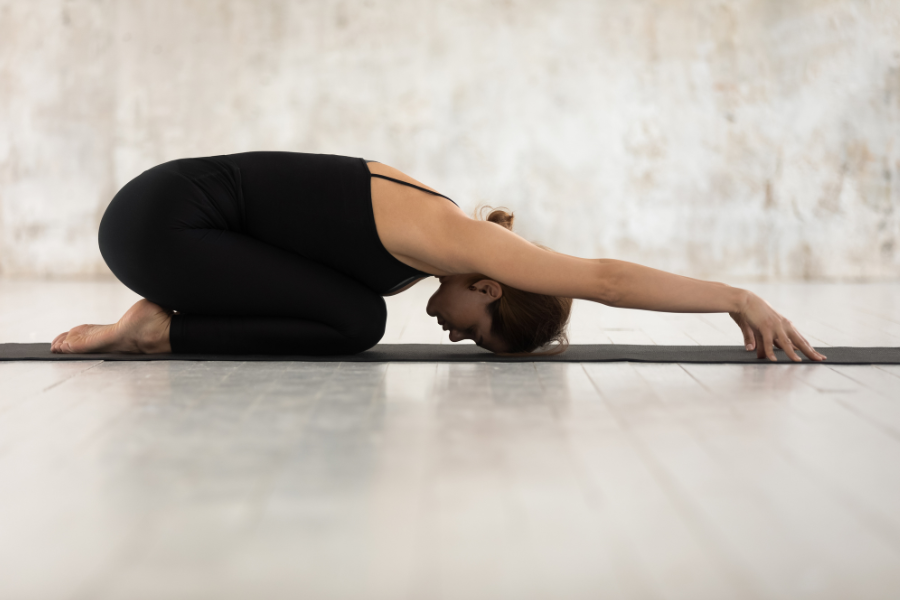
Eat Slowly and Mindfully
When you eat too quickly, you tend to swallow extra air, which can make bloating worse. Take your time with your meals, and try to really chew your food. Not only will this help digestion, but it also gives you time to enjoy your food more!
Try Peppermint or Ginger Tea
Both peppermint and ginger have natural digestive benefits. Peppermint relaxes the muscles in your gut, making it easier to pass gas, while ginger helps reduce inflammation and speeds up digestion. A warm cup of tea after a meal can do wonders for your belly.
Keep Stress Levels in Check
Believe it or not, stress can mess with your digestion and lead to bloating. When you’re anxious, your body can slow down digestion or trigger gut issues. Practicing mindfulness, meditation, or deep breathing exercises can help keep stress (and bloating) under control.
Introduce Probiotics
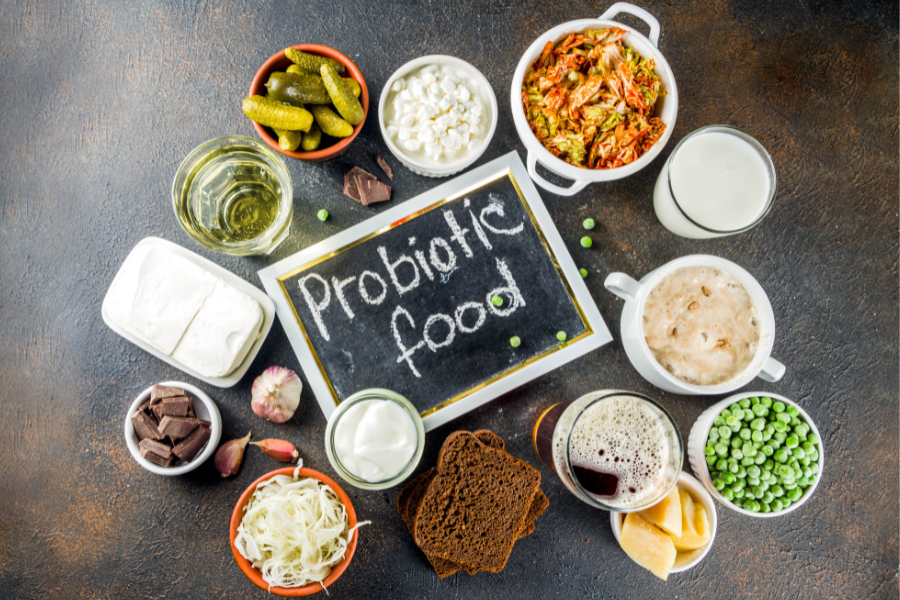
Probiotics—those good bacteria that keep your gut happy—can help prevent bloating by improving digestion and balancing your gut flora. You can get them from yogurt with live cultures, fermented foods like sauerkraut, or probiotic supplements.
Watch Your Portions
Eating large meals can overload your digestive system, which can lead to bloating. Instead, try eating smaller portions throughout the day. This keeps your stomach from feeling overwhelmed and helps prevent that uncomfortable fullness.
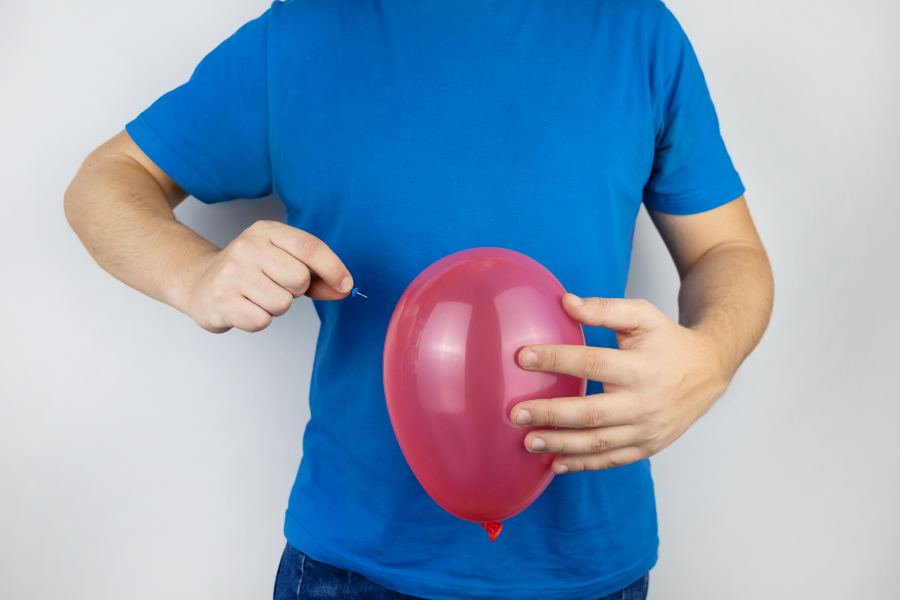
Bloating can be annoying, but the good news is that it’s usually manageable with a few lifestyle tweaks. The key is to pay attention to how your body reacts to certain foods and make adjustments that work for you. Small changes—like switching from soda to herbal tea, chewing your food slowly, or going for a walk after meals—can make a big difference over time.
The next time you feel that uncomfortable bloat creeping in, don’t panic! Try some of these remedies, and you’ll be back to feeling like yourself in no time. Your belly (and your jeans) will thank you.
Importnant Note:
When to See a Doctor
While most bloating isn’t a big deal, there are times when it could be a sign of something more serious. If your bloating comes with severe pain, unexplained weight loss, diarrhea, or other unusual symptoms, it’s a good idea to talk to your doctor. Conditions like irritable bowel syndrome (IBS) or small intestinal bacterial overgrowth (SIBO) might need professional treatment.

